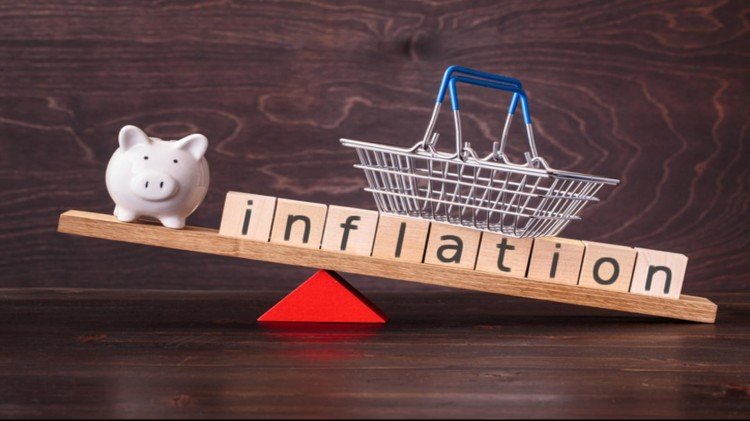hear the news
Expansion
Inflation is ready to give another big blow in the month of July. The common man is going to get this blow from July 18. Actually, the GST Council has decided to levy GST on many items of domestic use and increase the GST rates on some items. This decision is to come into effect from the coming July 18, in such a situation that some essential goods will become expensive from this day, it is almost decided. Let us tell you that the GST Council has also decided to withdraw the exemption currently available on some goods. After July 18, the things which are going to be hit hard by inflation include packaged and labeled wheat flour, milk products like milk, paneer, buttermilk, and curd etc. Apart from these, different types of papad, mudhi or murmura will also become expensive from July 18.
Decision taken in the meeting of GST Council
A meeting of the GST Council was held in Chandigarh on June 28 and 29 under the chairmanship of Union Minister Nirmala Sitharaman. Talking to reporters after the two-day meeting of the Council, Union Finance Minister Nirmala Sitharaman had said that several suggestions given in the meeting to rationalize the rates of different groups of items on which GST is charged have been accepted. . Changes have been made in the GST rates applicable on many things. The Finance Minister had also said that these changes would be considered effective from July 18.
Sealed canned products will become expensive
In the meeting of the GST Council, products like canned or labeled (other than frozen goods) curd, lassi, paneer, honey, fish, dry soybean, dry makhana and peas, wheat and other cereals, besides murhi or murmur, five percent GST. The decision has been taken. Till now these items were exempted from GST. Similarly, a provision has been made to levy 18 percent service tax on tetra packs of various beverages and check books issued by the bank, while 12 percent GST on maps and charts including atlas. In such a situation, it is almost certain that these products will become expensive from July 18. However, it is a matter of relief that it has been clearly stated in the council meeting that GST will not be charged on unbranded products sold in the open.
The burden of expenses for rooms in hotels and hospitals will increase
Till now, we did not have to pay any GST charge for staying in cheap or budget hotels with fare less than Rs 1000, but after July 18, we will have to pay GST at the rate of 12 per cent for staying in such hotels. At the same time, GST will be charged at the rate of five percent for hospitalized patients for booking a room (other than ICU) for more than five thousand rupees.
18 percent GST on LED lamps now instead of 12
In the meeting of the GST Council, the GST on LED lamps has also been increased from 12 percent to 18 percent. Apart from this, the rate of GST has also been reduced to 18 percent on sharp knives, paper-cutting knives and pencil sharpeners, items used in printing and drawing such as ink etc. and marking products. The rate of GST on solar powered heaters has also been increased from 5 per cent to 12 per cent.
Tax increased on the construction work of the crematorium
According to the decision taken in the meeting of the GST Council, now even for the installation of crematorium, road, metro, bridge, railway and waste processing machinery, 18 percent GST will have to be paid instead of 12. At the same time, from July 18, the rate of GST on transportation of goods and passengers through ropeways and equipment related to medical surgery has been reduced from 12 percent to five percent, in such a situation, these things can be cheaper. GST on goods vehicles and their fuel has also been reduced from 18 percent to 12 percent. Hopefully this will make freight cheaper.
Tax will be levied on renting a residential house for commercial use
The GST exemption available on air travel to the northeastern states will now be limited to economy class. Apart from this, services of regulators like Reserve Bank of India, Insurance Regulatory and Development Authority (IRDA), Securities and Exchange Board of India (SEBI) will also be charged tax after July 18, so these services can be costly. Taxes will also have to be paid on renting residential houses for commercial use. However, on electric vehicles with or without batteries, the GST rate will remain at 5 per cent with the exemption.







